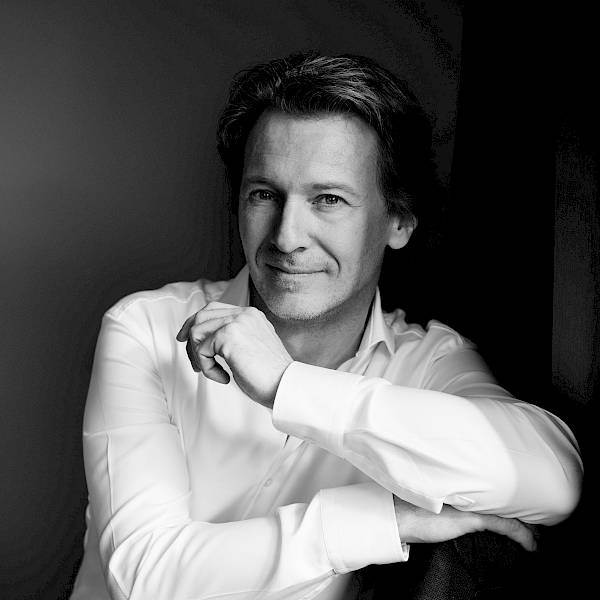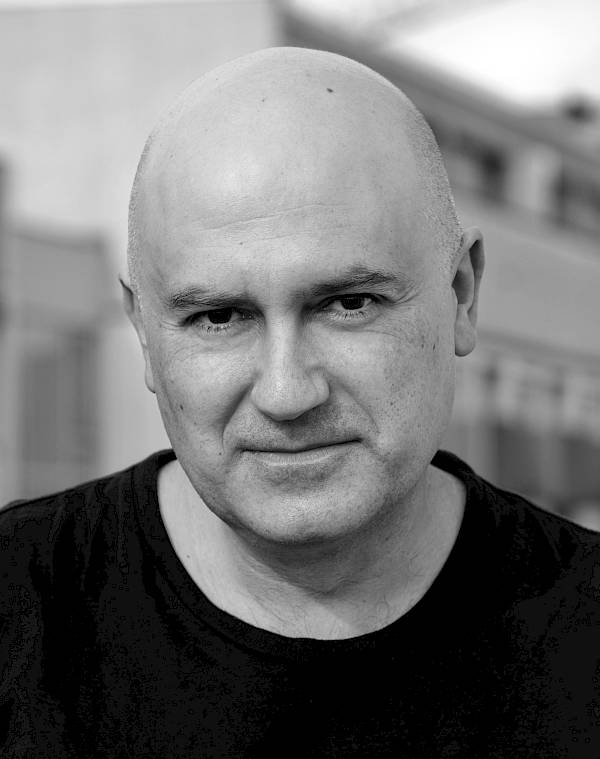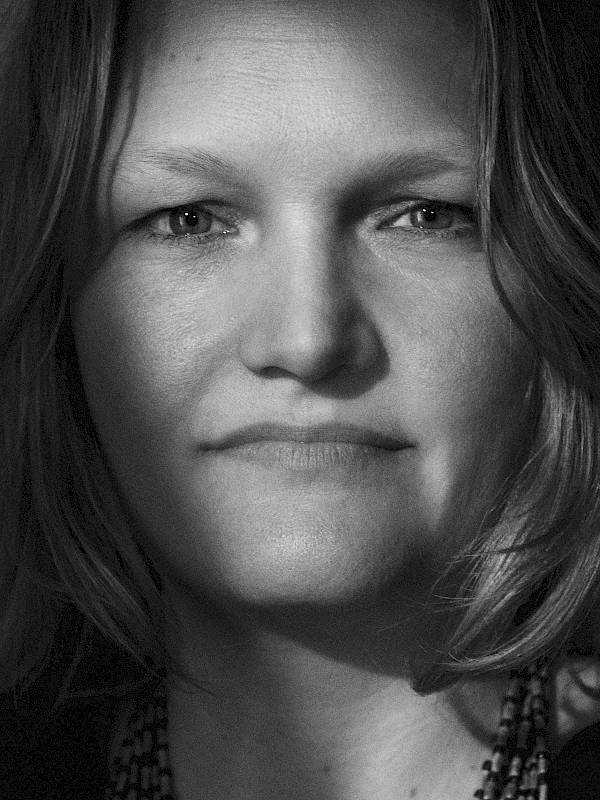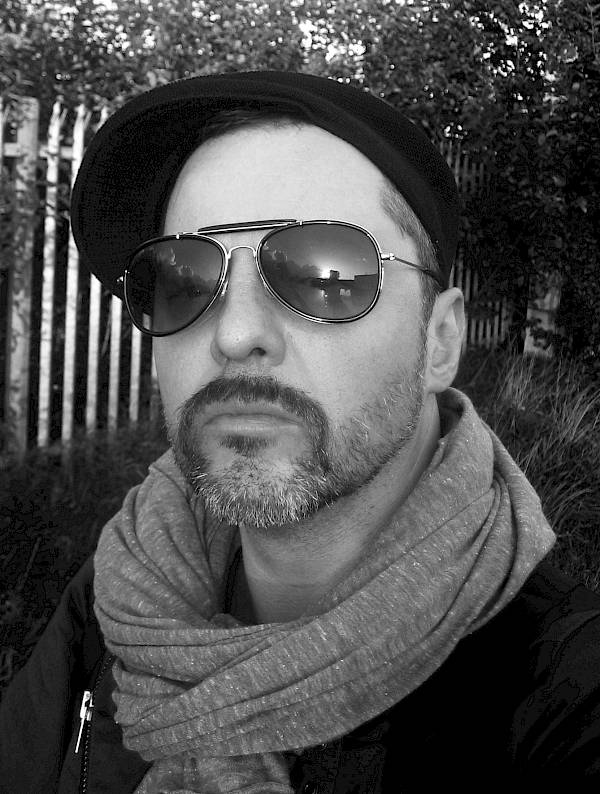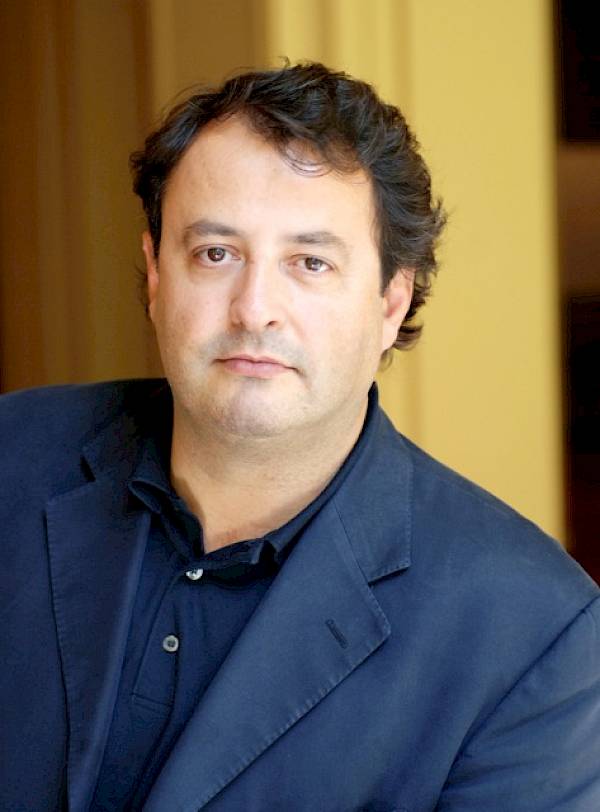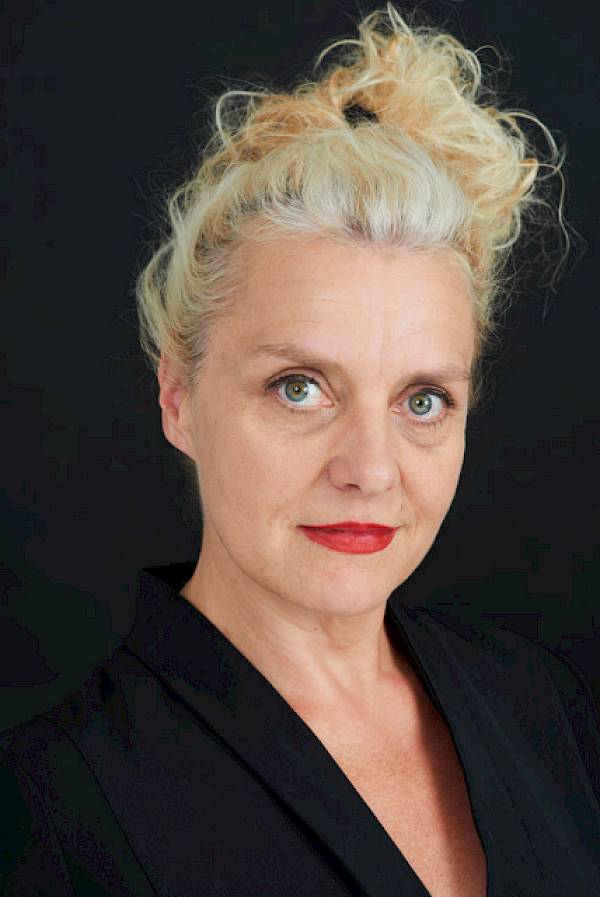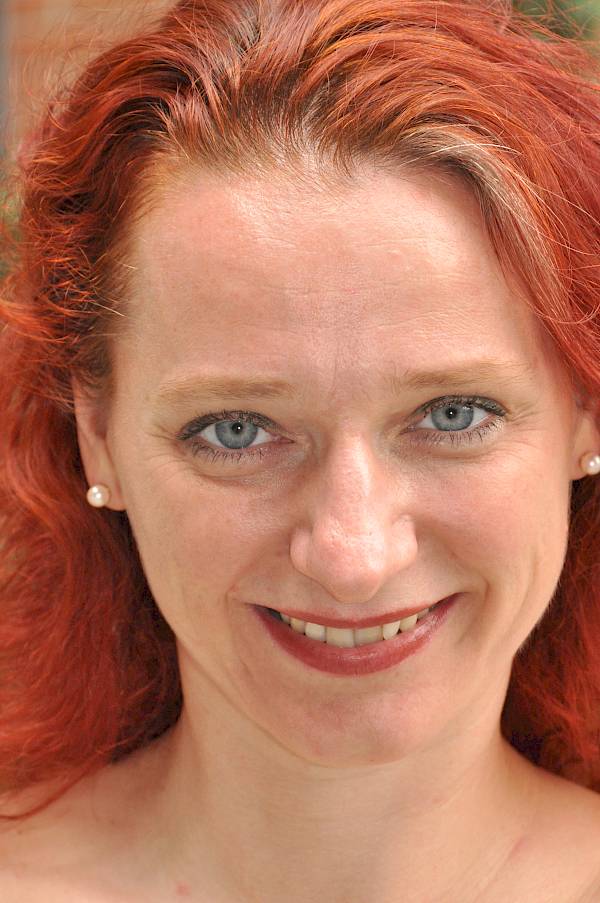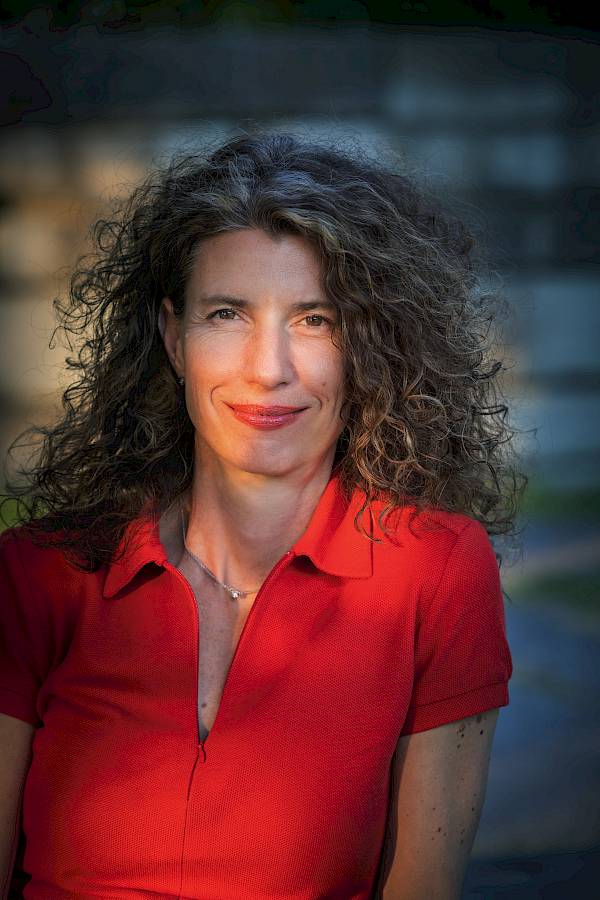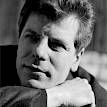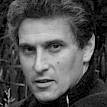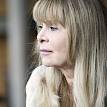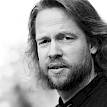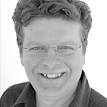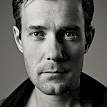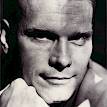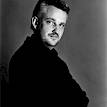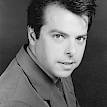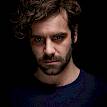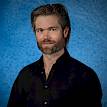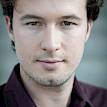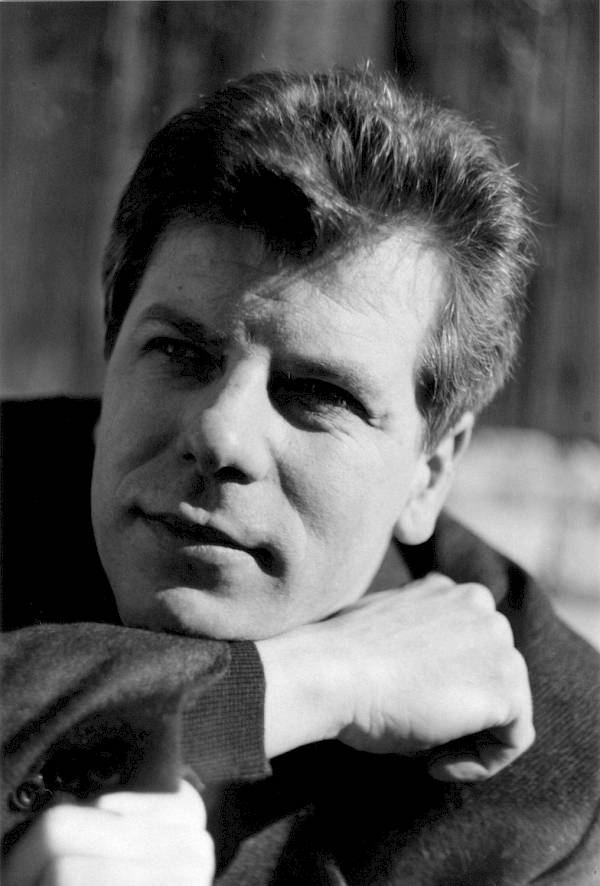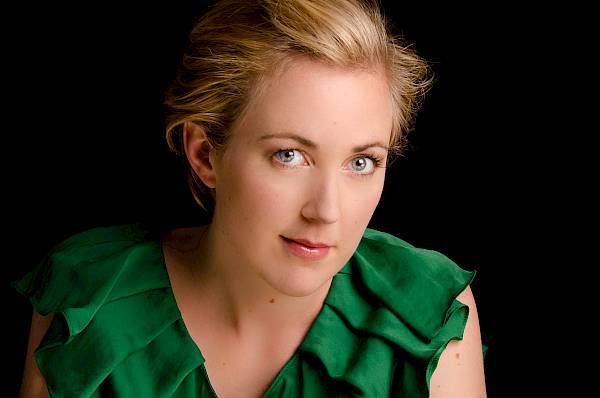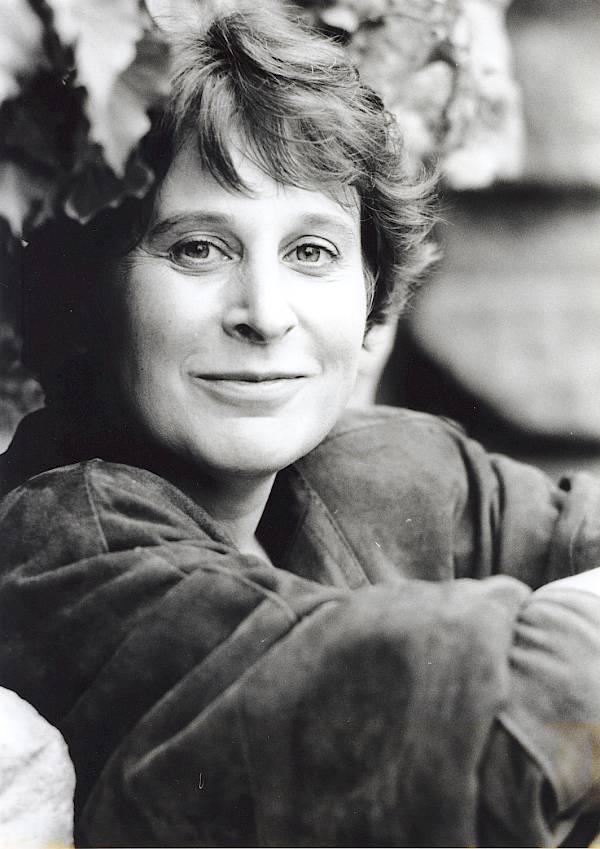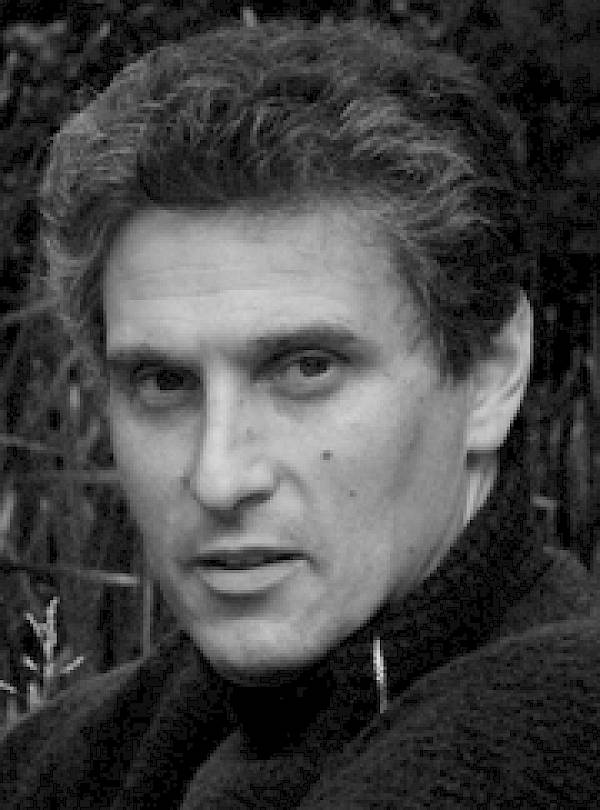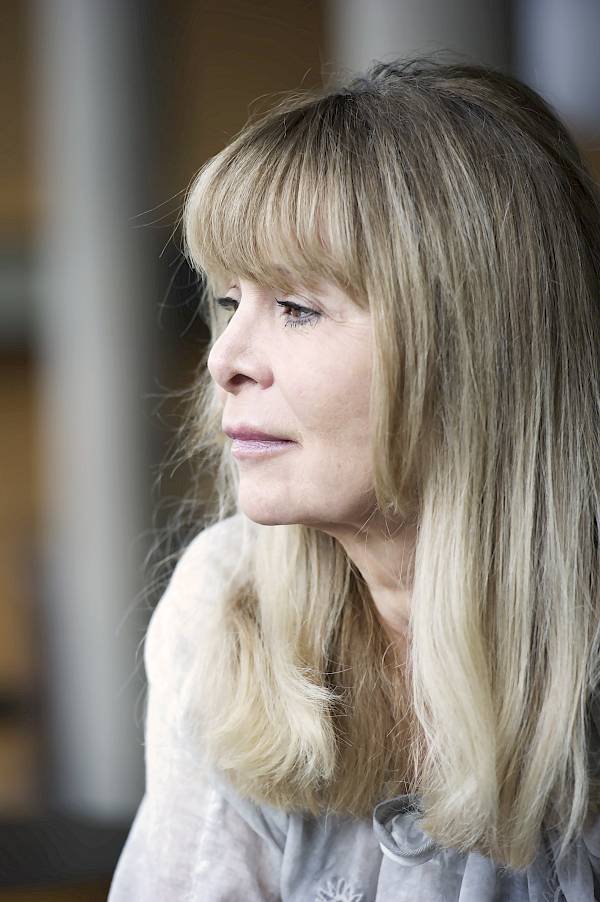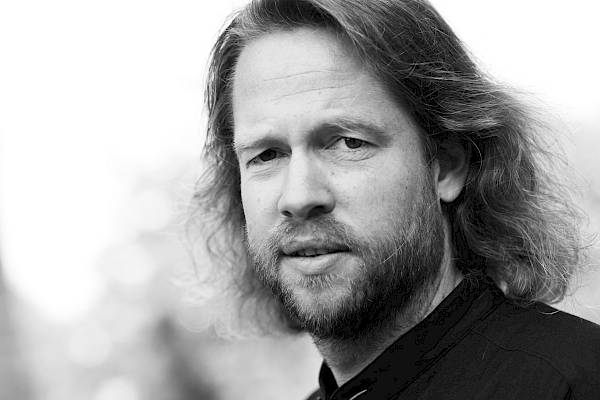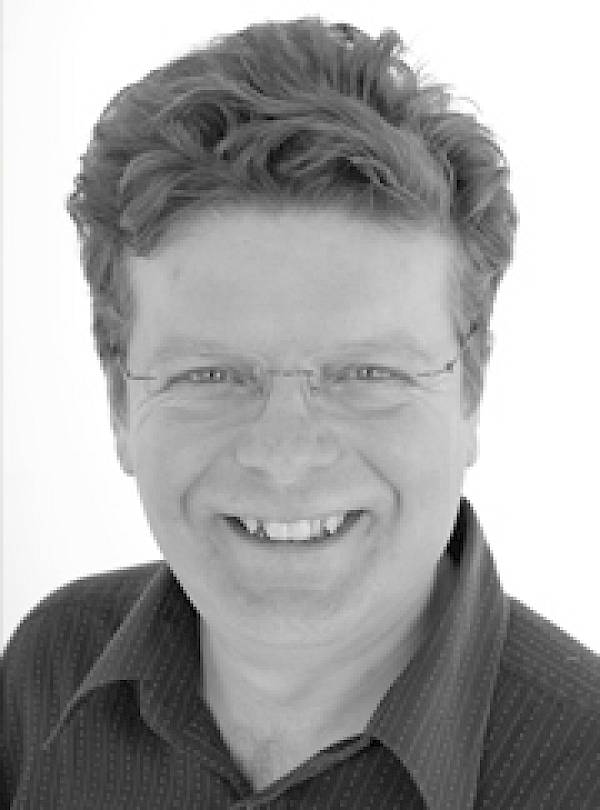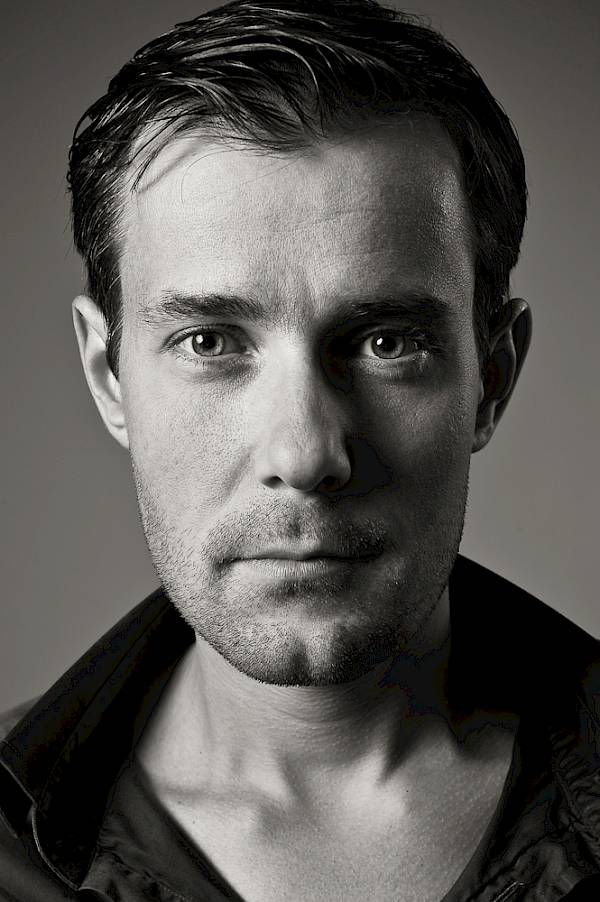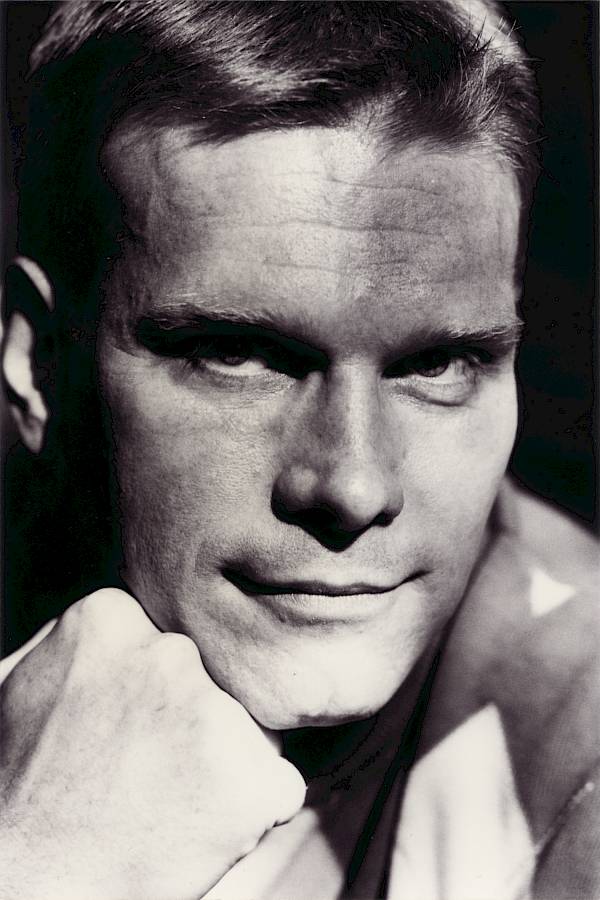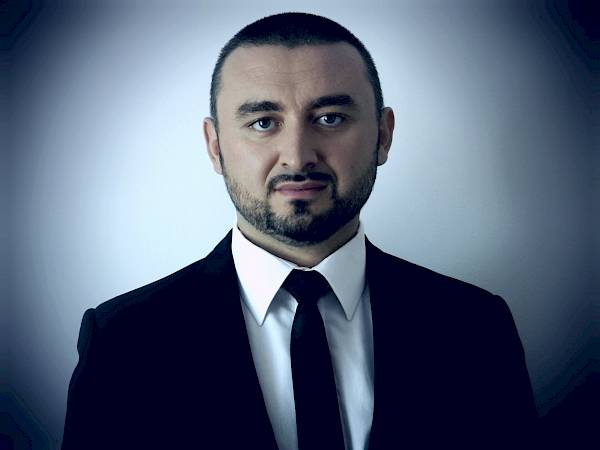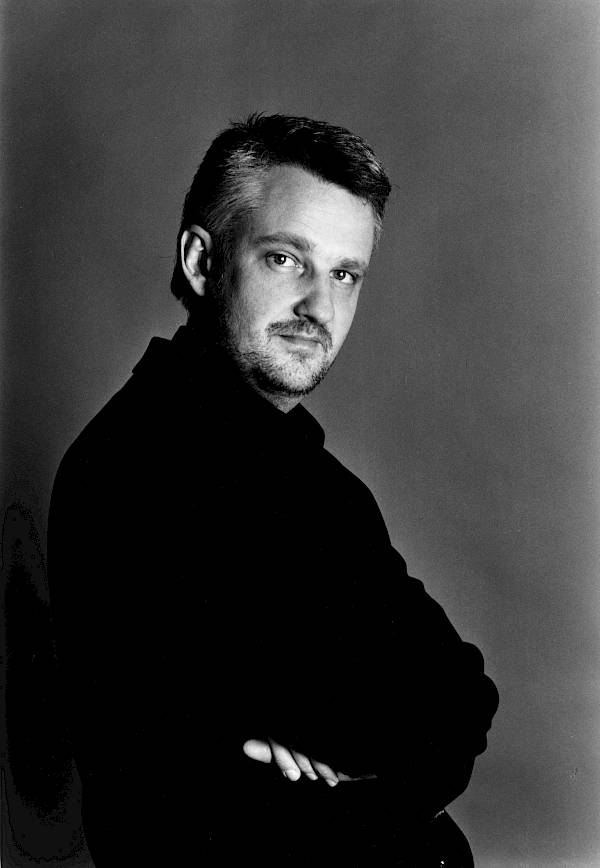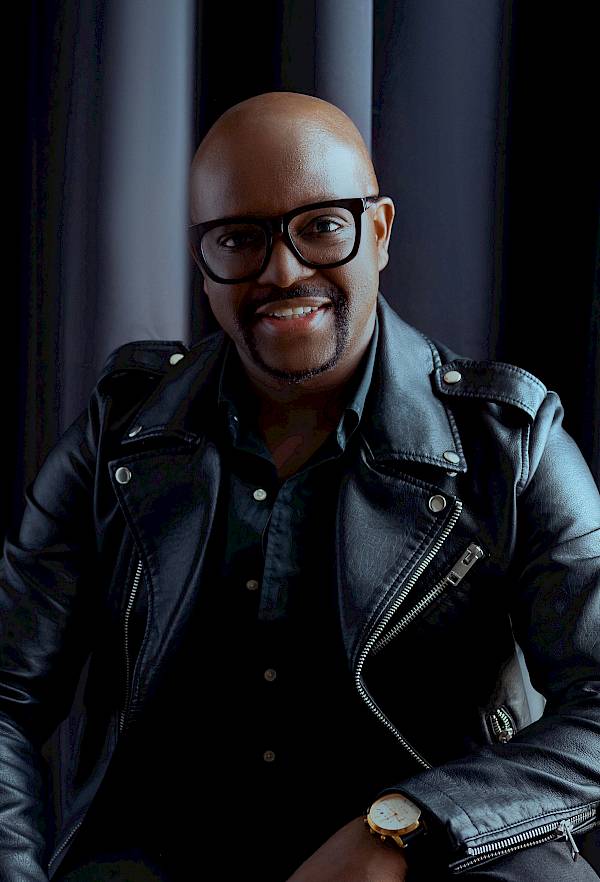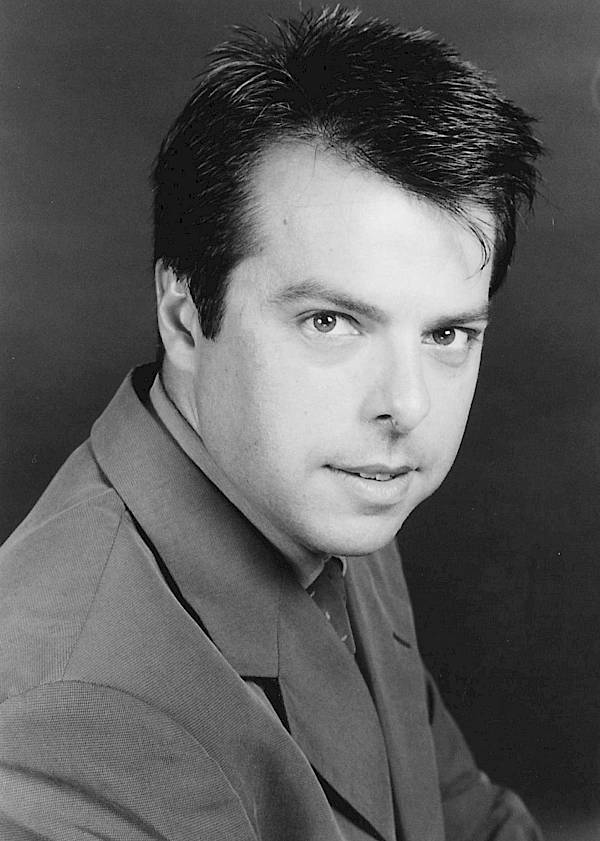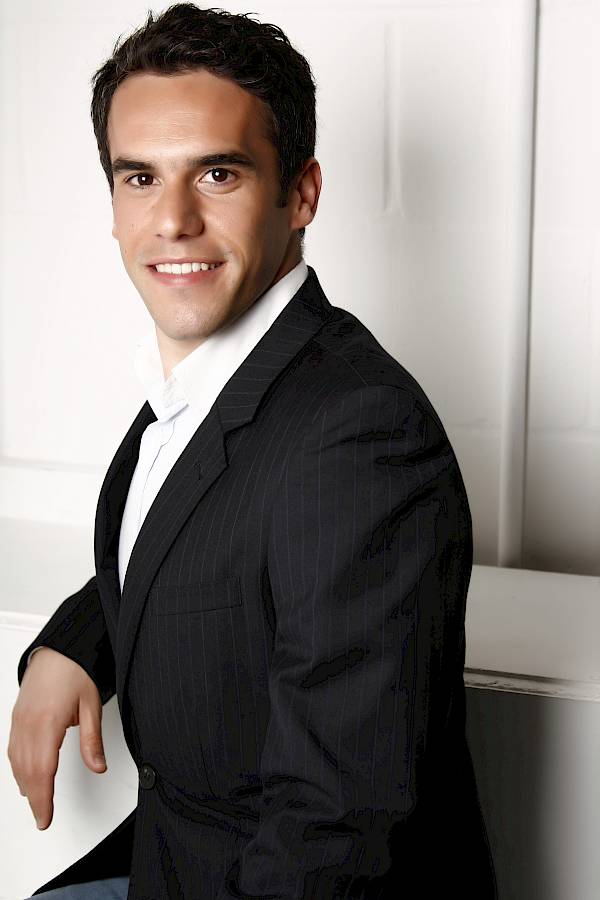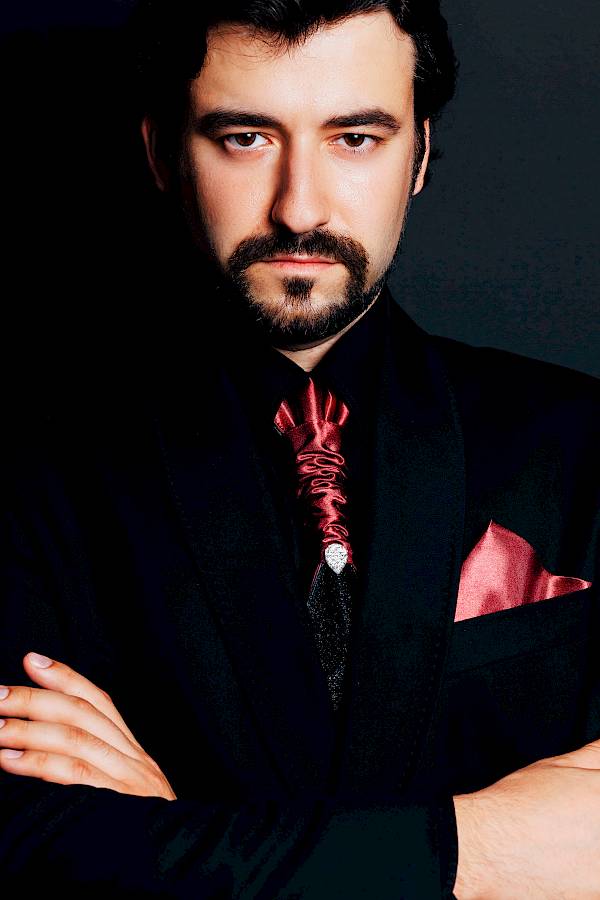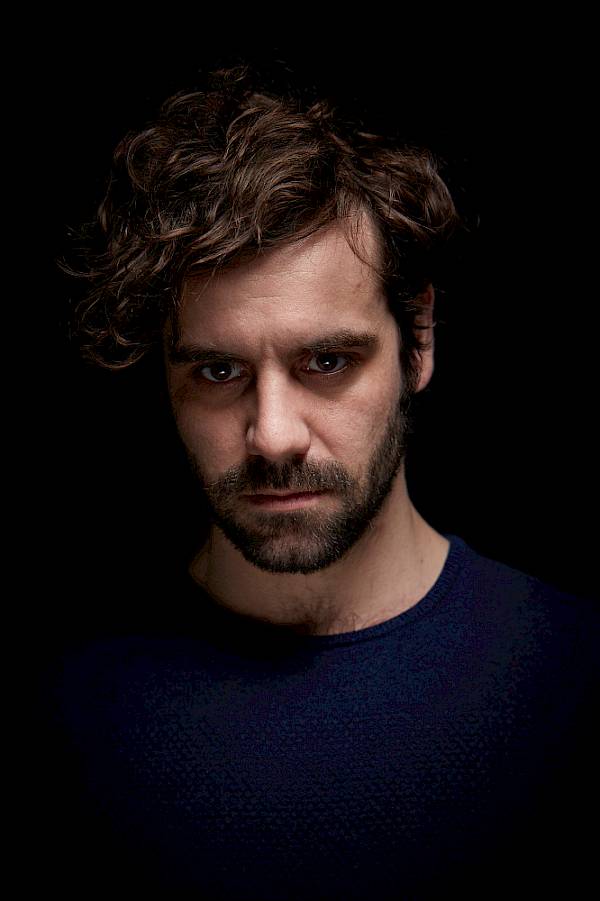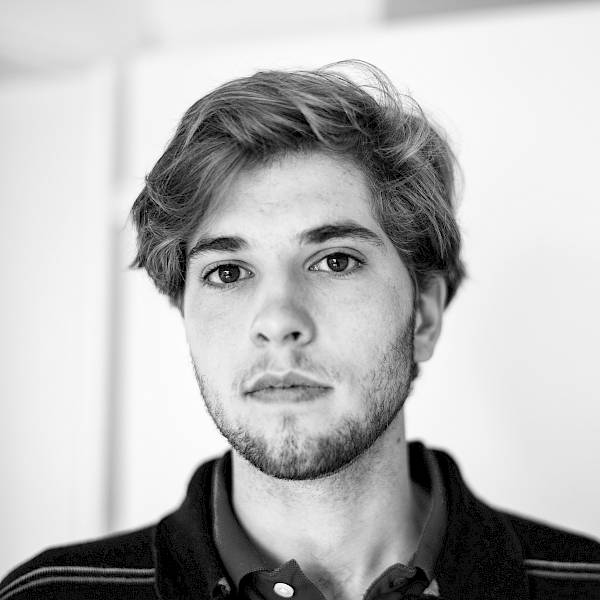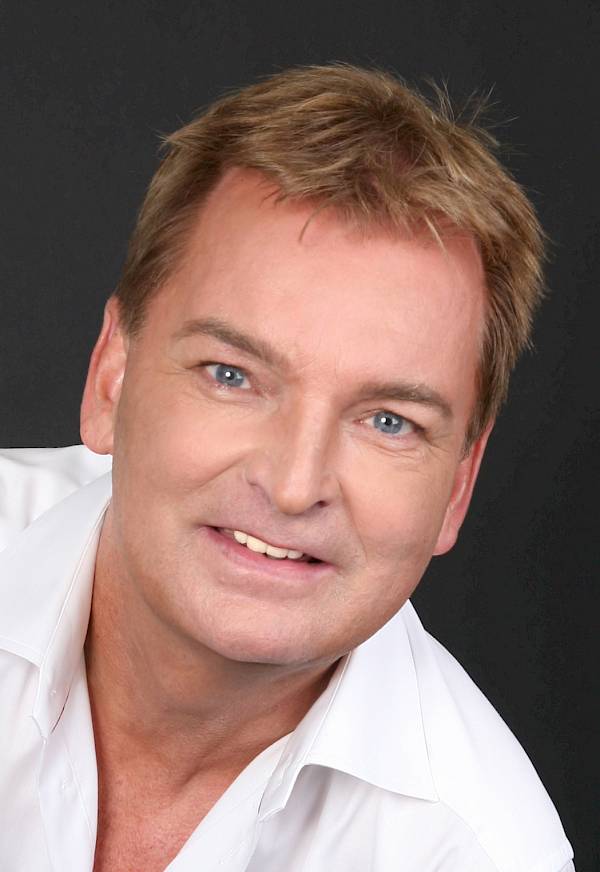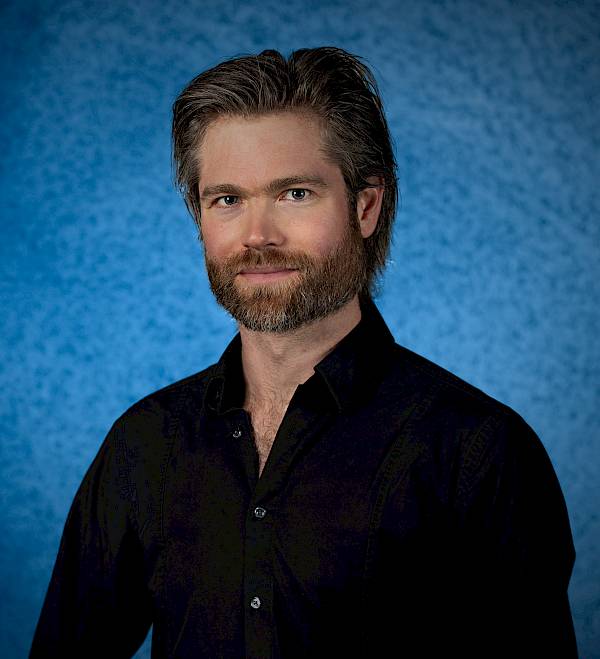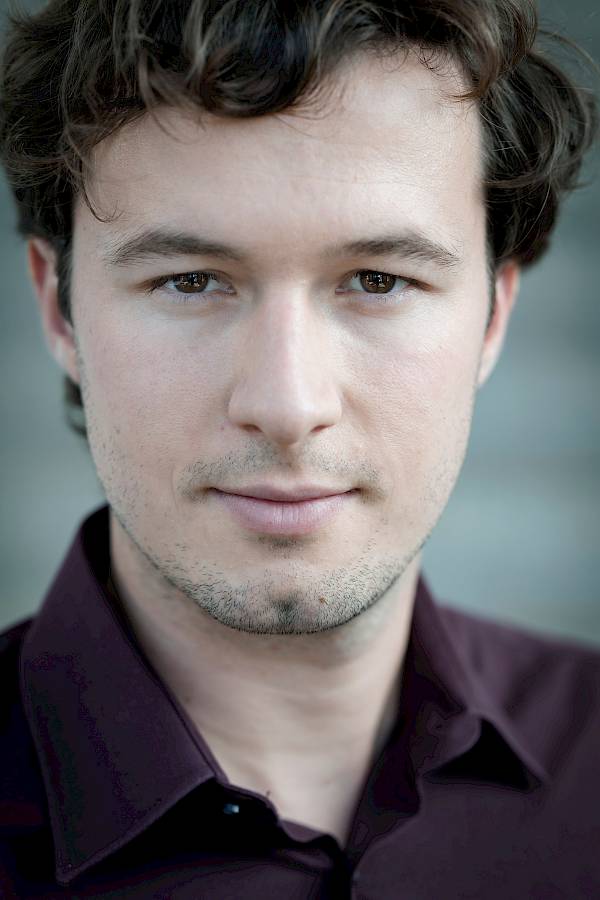Abstract
Expressive to the point of screaming, extraordinarily complex and employing multimedia, and nothing less than total theatre: Bernd Alois Zimmermann’s opera Die Soldaten (The Soldiers) goes beyond all dimensions. Initially rejected as impossible to perform, the opera’s 1965 première performance in Cologne was spectacular, and the piece has since then been considered one of the central works of 2Oth-century musical theatre. The eponymous comedy by Jakob Michael Reinhold Lenz, written in 1774/75, provided Zimmermann with a timeless model; his interest was aroused, as he described himself by “how all the characters, more innocent than guilty, become inevitably involved in a predicament that leads to rape, murder and suicide, and ultimately to the destruction of the existing order.” The middle-class Marie becomes (or rather is turned into) a soldiers’ whore; in the end she no longer recognises even her own father. Zimmermann radicalised and concentrated the piece, turning it into an apocalyptic vision – the rape of Marie is a pars pro toto symbol of the physical and psychological violence of all against all. Extreme content requires extreme resources: a huge orchestra with a gigantic percussion section, playback tapes with the noise of tanks, and a collage technique that besides twelve-tone compositional style integrates Dies Irae, a Bach chorale, and a jazz combo, are woven into a complex score. Simultaneous scenes break the linear chronology and lead to an entirely new time structure – the opera is set in the “yesterday, today, tomorrow.”
Marc Albrecht conducts Die Soldaten, which remains a considerable challenge to stage to this day. We were able to engage the Catalan director Calixto Bieito, who is known for his strong, emotional visual idiom; this is his first production for Zurich Opera House. Susanne Elmark will be singing the breakneck role of Marie.


